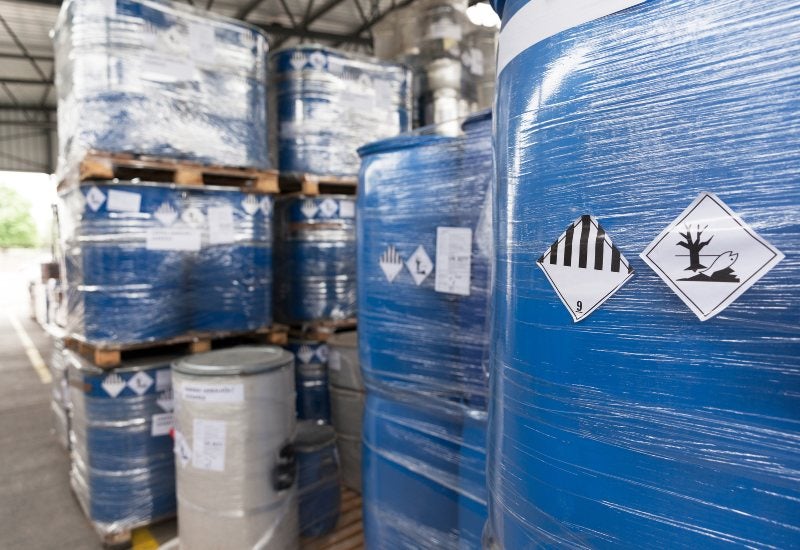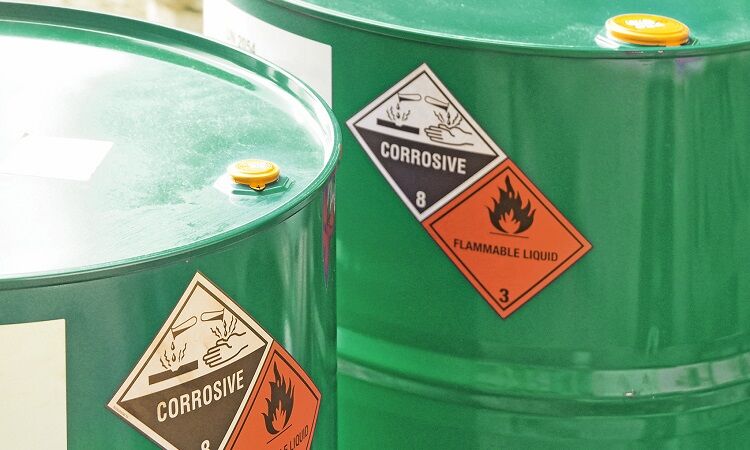Dependable Liquid Waste Disposal Melbourne: Safe and Reliable Providers
Dependable Liquid Waste Disposal Melbourne: Safe and Reliable Providers
Blog Article
Comprehending the Comprehensive Process of Fluid Garbage Disposal: Finest Practices and Environmental Influence Considerations
The administration of fluid waste disposal is a diverse concern that calls for a thorough understanding of numerous finest methods and their associated environmental impacts. From the kinds of liquid waste created to the approaches used for collection, therapy, and final disposal, each step plays a critical function in guarding ecological communities and public health and wellness.
Types of Liquid Waste
Understanding the different sorts of liquid waste is crucial for reliable management and disposal methods. Fluid waste can be extensively classified right into several kinds, each needing one-of-a-kind handling and therapy strategies.
Industrial liquid waste commonly consists of dangerous materials, including hefty metals, solvents, and chemicals, generated during manufacturing processes. These wastes require stringent regulative compliance to secure human health and the setting. Domestic fluid waste mostly describes wastewater generated from houses, including sewer and greywater, which, although less hazardous, can still position significant risks if incorrectly taken care of.
Agricultural fluid waste, including overflow from farms, often consists of fertilizers and pesticides that can result in environmental deterioration otherwise treated appropriately. Medical fluid waste, generated from medical care facilities, includes polluted fluids such as physical fluids and chemicals, calling for specialized disposal approaches to avoid infection and ecological contamination.
Last but not least, oil and grease waste, normally generated by restaurants and vehicle sectors, can trigger severe clogs in drain systems otherwise managed effectively. Comprehending these categories promotes targeted strategies for treatment, compliance with guidelines, and effective disposal approaches, inevitably advertising ecological sustainability and public health safety.

Collection Methods
Effective collection techniques are critical for the appropriate management of liquid waste, ensuring that it is collected safely and successfully prior to treatment or disposal. Different techniques are utilized depending upon the kind of liquid waste generated, the quantity, and the specific qualities of the waste.
One typical approach is making use of committed collection tanks or sumps, which are designed to catch fluid waste at the resource. These systems often include pumps that help with the transfer of waste to bigger storage space containers or therapy facilities. In addition, mobile collection units furnished with vacuum cleaner modern technology are utilized in circumstances where waste is generated intermittently or in hard-to-reach locations.
For commercial setups, closed-loop systems can efficiently reduce spills and leakages, permitting the recuperation and reuse of liquid waste. It is likewise important to train workers on appropriate collection methods to minimize risks connected with harmful compounds.
Moreover, executing normal maintenance routines for collection devices guarantees optimal efficiency and safety. The combination of advanced monitoring systems can enhance collection effectiveness by supplying real-time information on waste degrees and prospective dangers. On the whole, effective collection methods are foundational to sustainable liquid waste management practices.
Treatment Processes
Treatment processes play a vital role in the management of liquid waste, transforming possibly unsafe products right into recyclable resources or safe effluents - liquid waste disposal. These processes can be broadly categorized into physical, chemical, and organic methods, each customized to resolve details impurities present in the waste stream
Physical therapy methods, such as sedimentation and purification, work by getting rid of put on hold solids and particle matter. These strategies are commonly the primary step in the therapy chain, efficiently minimizing the tons on subsequent procedures. Chemical treatments include making use of reagents to reduce the effects of unsafe materials, precipitate heavy metals, or oxidize organic pollutants, thus boosting the security of the effluent.
Organic treatment processes, including turned on sludge systems and anaerobic digestion, take advantage of the natural capacities of microorganisms to weaken raw material. These methods are especially reliable for wastewater including eco-friendly pollutants. Advanced therapy technologies, such as membrane layer purification and advanced oxidation processes, are significantly employed to accomplish greater degrees of purification.
Integrating a mix of these treatment methods not just ensures conformity with regulative requirements yet additionally promotes ecological sustainability by recovering useful sources from fluid waste.
Disposal Options
Just how can organizations guarantee the liable and risk-free disposal of liquid waste? Reliable disposal options are vital for safeguarding public health and wellness and the setting. The primary methods include land disposal, incineration, and therapy followed by discharge into local wastewater systems.
Land disposal includes the mindful control of why not look here fluid waste in marked garbage dumps, ensuring that it does not leach into bordering dirt or water. Incineration, on the various other hand, topics liquid waste to high temperature levels, converting it into ash and gases, which require proper filtration to minimize emissions. This method appropriates for contaminateds materials that can not be treated via traditional ways.
In instances where fluid waste can be treated, companies may go with organic or chemical therapy procedures to counteract unsafe parts prior to discharging the treated effluent into metropolitan systems. This route typically straightens with regulatory needs, making certain use this link that the effluent fulfills security standards.
Inevitably, organizations must perform detailed evaluations of each disposal option to establish its feasibility, considering variables such as waste structure, regulatory compliance, and potential dangers to health and the atmosphere. By choosing suitable disposal methods, companies can add to a liable waste administration method.
Environmental Effect
The environmental effect of fluid waste disposal is a crucial factor to consider for companies looking for to reduce their ecological footprint. Additionally, the discharge of untreated or improperly dealt with waste into surface waters can result in eutrophication, leading to oxygen depletion and the subsequent fatality of fish and other organisms.

To reduce these influences, organizations need to take on ideal methods such as implementing extensive waste therapy processes, promoting recycling and reuse, and adhering to governing criteria. By taking a positive method to liquid waste administration, entities can dramatically lower their ecological footprint while sustaining lasting advancement goals. Eventually, a detailed understanding of the environmental impacts linked with liquid garbage disposal is essential for notified decision-making and responsible stewardship of natural resources.
Verdict
Reliable management of fluid waste is vital for securing ecological integrity and public health. By taking on ideal techniques in disposal, collection, and treatment, along with adherence to important site regulative requirements, the possibility for hazardous contamination of ecosystems can be considerably reduced. Continual developments in innovation and procedures add to sustainable waste management efforts. Inevitably, a detailed understanding of liquid waste disposal not just mitigates ecological influences but likewise cultivates a commitment to accountable source management and environmental stewardship.
The monitoring of liquid waste disposal is a complex issue that needs a comprehensive understanding of different ideal techniques and their associated ecological impacts. From the kinds of fluid waste generated to the approaches employed for collection, treatment, and final disposal, each step plays a vital function in securing ecological communities and public health and wellness.The environmental impact of liquid waste disposal is an important factor to consider for companies seeking to lessen their ecological impact. Eventually, a comprehensive understanding of the environmental effects connected with liquid waste disposal is vital for notified decision-making and responsible stewardship of natural sources.
Inevitably, a detailed understanding of liquid waste disposal not only mitigates ecological influences however likewise fosters a dedication to liable resource management and ecological stewardship.
Report this page